Will A Fish Die If It Is Put in Tap Water? Veterinary Guide
Check Our Quick Stories
To keep fish healthy & happy it is mandatory to have the right & good quality of water. Otherwise ornamental fish will die off within a week or even a day also. Now, choosing tap water for aquariums may be the right decision or the wrong depending upon some external factors.
Fish will be comfortable living in tap water unless or until it contains high chlorine, chloramine, or other metals. Aquarists can use tap water by removing chlorine & chloramine by keeping water in the air & using GAC filter respectively. However, tap water shouldn’t be used in tanks if there is a high metal presence.
| This answer is certified by Udipta Roy, M.F.Sc. (JRF), Ph.D. Scholar, Aquaculture, ICAR-CIFE, Mumbai |
So that you should not compromise anything about the water quality of your aquarium. However, this article is going to show you what factors you should consider while choosing tap water for your aquarium. So without wasting time let’s dive deep into the topic.
Should you use tap water in your aquarium?
Before choosing tap water for your aquarium, you have to know the basics of water parameters that affect fish’s health.
Tap water comes from the municipality for drinking & other purposes. Now the bad water is recycled through various processes. One of these is chlorine & chloramine injection.
Chlorine & chloramine destroy the harmful bacteria in water and make the water drinkable. Using chlorine is mandatory to treat the water well. This is used as Primary Disinfection of Water. Chlorine helps to kill bacteria, viruses & microbes of Cholera, Typhoid & Diarrhea and makes the water drinkable.
However, only primary disinfection isn’t enough to get pure tap water. It is because disinfected water comes through iron pipes under the ground. So different types of wastes or minerals can be mixed during this time. So chloramine is required as the Secondary Water Treatment.
To perform this, the municipality mixes ammonia with chlorine to make chloramine. It helps to protect water for a long time.
Now the ratio of mixing these two elements with water depends upon the location to location. If the chlorine & chloramine percentage in water is high enough then you should not use tap water in your aquarium.
Fish cannot tolerate high chlorine & chloramine in the water. It is recommended to have not more than >0.003 ppm chlorine in the tap water. Only this tap water you can use for aquarium purposes only.
Side effects of having chlorine in tap water for fish
Fish cannot tolerate a high ppm of chlorine. Most of the experts do not talk about it much. However, it is mandatory to know to keep fish healthy.
Due to high ppm of chlorine gills of fish may damage. This is why they cannot breathe properly. During this time they feel stressed and start dying off. It destroys the slime coat of fish too.
Removing chlorine from water is easy. You can keep water in the open air for 24 hours and chlorine will evaporate automatically. This is the most cost-effective way to remove chlorine from tap water.
Removing chlorine from water is not enough for aquariums. You have to think about removing chloramine too. Chloramine is very difficult to remove permanently from water. Only keeping water in open air or boiling the water is not enough to get rid of it.
To remove chloramine from water a granular activated carbon system (GAC) is required. With the help of this system, both chlorine & chloramine can be removed well.
But how do you know the right ppm of chlorine in your tap water? Don’t worry here you can get a full water quality test meter at a discounted cost. Hurry to get the product here.
If you have a medium to big-sized aquarium then a GAC filter is a must. The initial investment may seem high but for a long time, this can save the lives of lots of your fish. By clicking this link you can get the price of it.
Is the presence of metals in tap water harmful for fish?
Removing chlorine & chloramine is not enough to get pure tap water for aquariums. You have to check metals’ concentration in tap water too.
However, each and every location may not have the metals in tap water. So you need to check that first.
Basically, some specific types of metals can be present in tap water. These are aluminum, arsenic, boron, copper, cadmium, selenium, lead & mercury.
Here we are providing you with a list that will show the maximum limit of these metals that should be present in tap water.
| Metals in water | The maximum concentration in tap water |
| Aluminium | 200 µg/l |
| Arsenic | 10 µg/l |
| Boron | 1.0 mg/l |
| Copper | 2.0 µg/l |
| Cadmium | 5.0 µg/l |
| Selenium | 10 µg/l |
| Lead | 10 µg/l |
| Mercury | 1.0 µg/l |
Read more:- Effects of metal objects in a fish tank
| Note:- The processes of removing metals from tap water are not recommended for aqua hobbyists just because of high expenses. For further details you can check here about the processes. |
Solution of having issues in tap water
If your tap water has excessive chlorine & chloramine then we are not recommending changing the source of water for aquariums. It is because there are some solutions to it. You can remove chlorine & chloramine from tap water by following the discussed solution here.
But if the tap water contains a high percentage of metals then you must not compromise. You have to take other options for your aquarium.
The best and the most suitable option is using pond water in your aquarium. Try to use at least 50% of pond water in your aquarium if you see any kind of issue in tap water. Pond water is a natural source that helps fish to thrive. Pond water contains lots of beneficial bacteria. These bacteria help to establish the tank quickly.
For a new tank setup starting the nitrogen cycle is very much mandatory. Pond water initiates this naturally. You can use this instead of a good tap water source too. However, do not choose any pond that contains some sort of algae. Otherwise, the tank will start getting algal bloom. Try to choose such a water body to get water for aquariums that is fresh enough.
Read more:- Symptoms of Chlorine Poisoning in Fish Tank
Final thoughts
Tap water is basically safe for fish unless or until it has a high percentage of chlorine, chloramine, and other metals. These are too bad for ornamental fish.
If you notice this then you must try to remove these quickly by following simple discussed methods. A high percentage of metals in tap water should be replaced with a good pond water source. It will be beneficial for fish & the whole tank.
So we recommend using a minimum of ¼ portion of a good pond water source instead of 100% tap water. It will help to establish a tank more quickly than any other water source.
So best of luck & happy fishkeeping 🐟

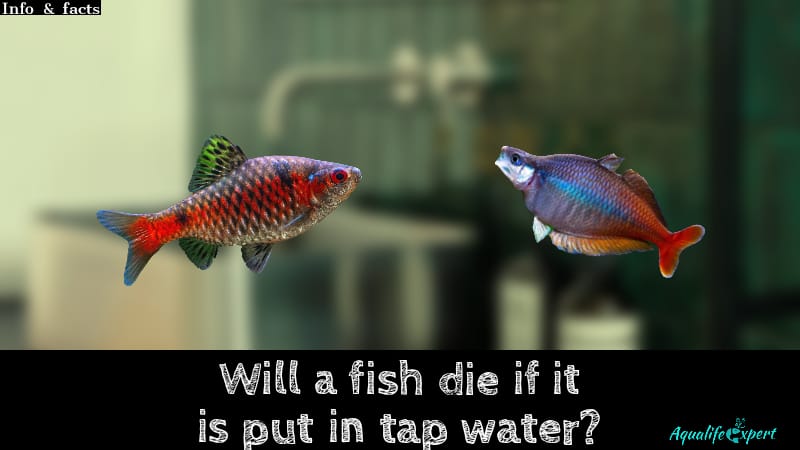
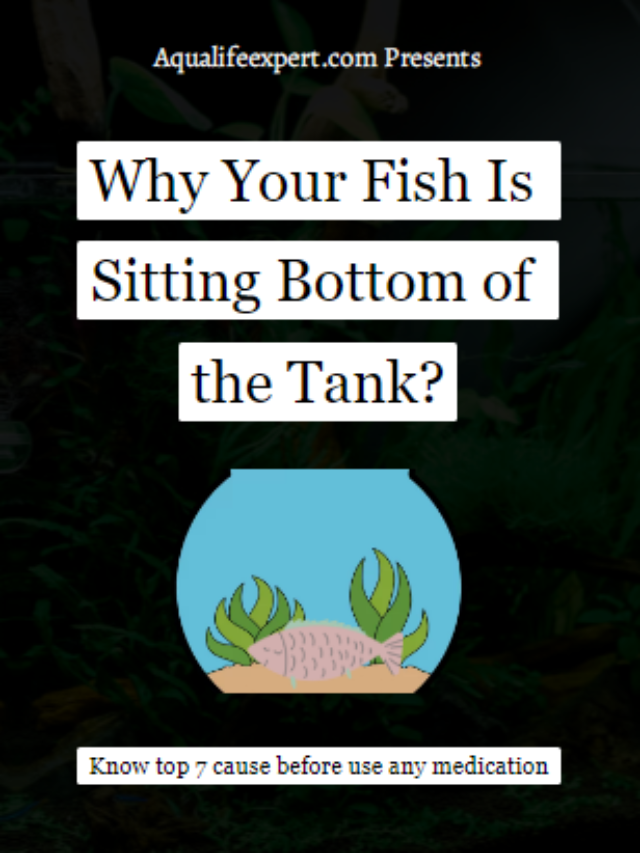
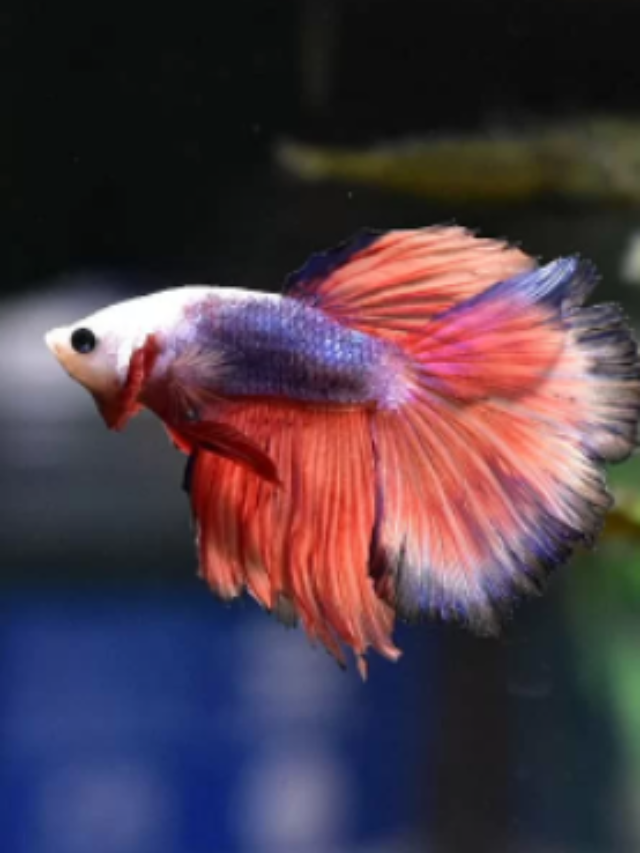
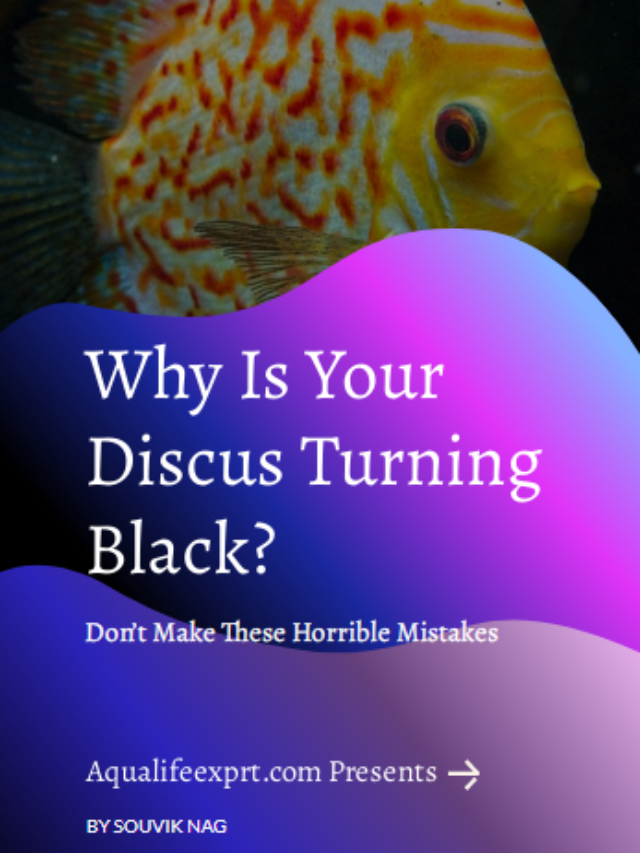
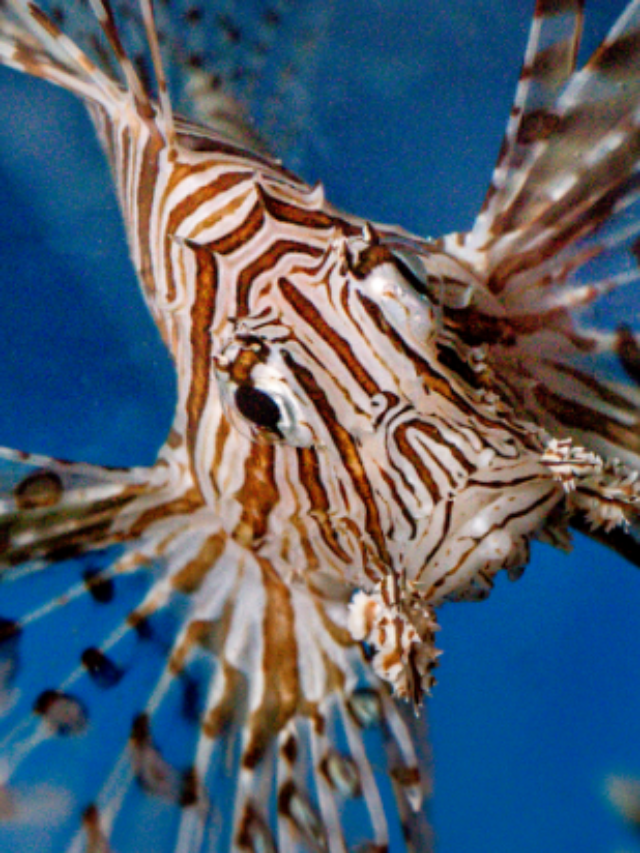

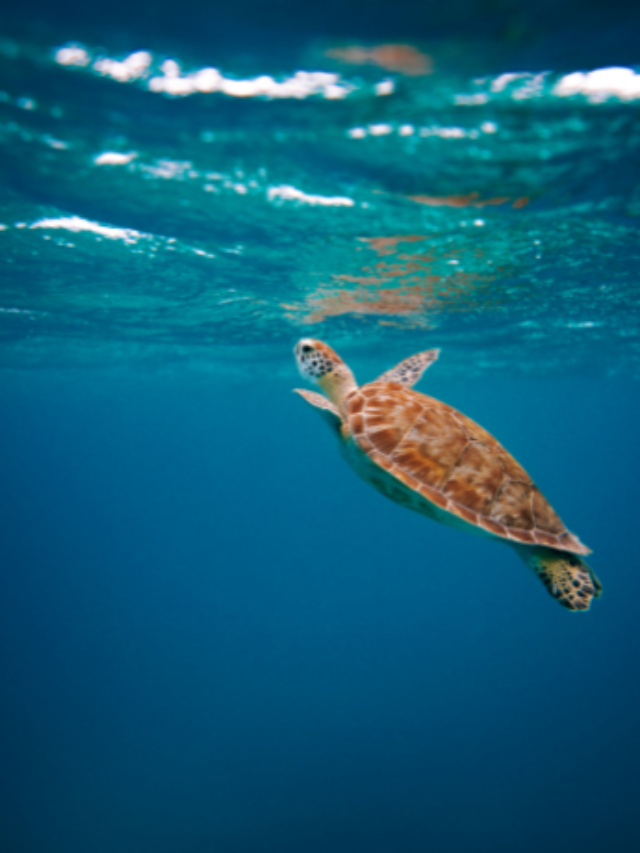
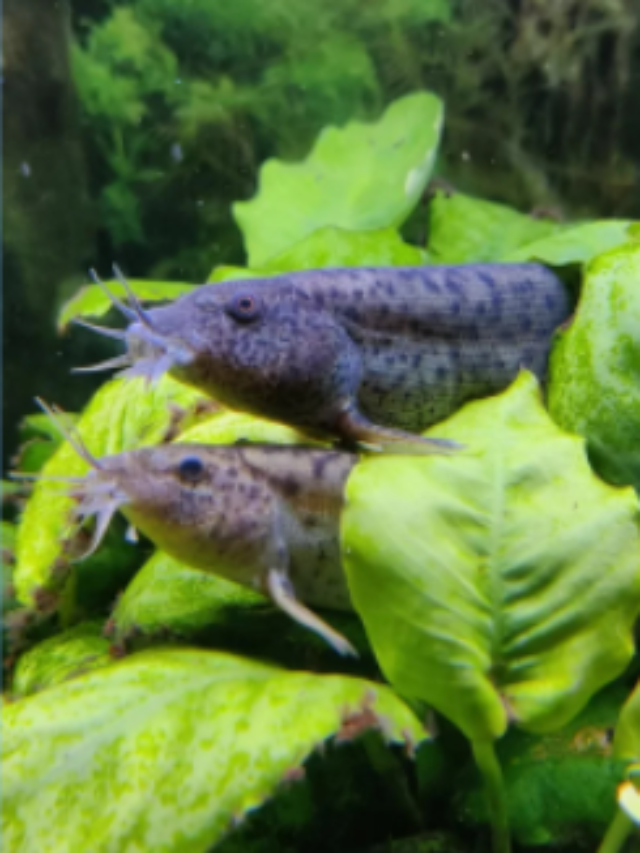
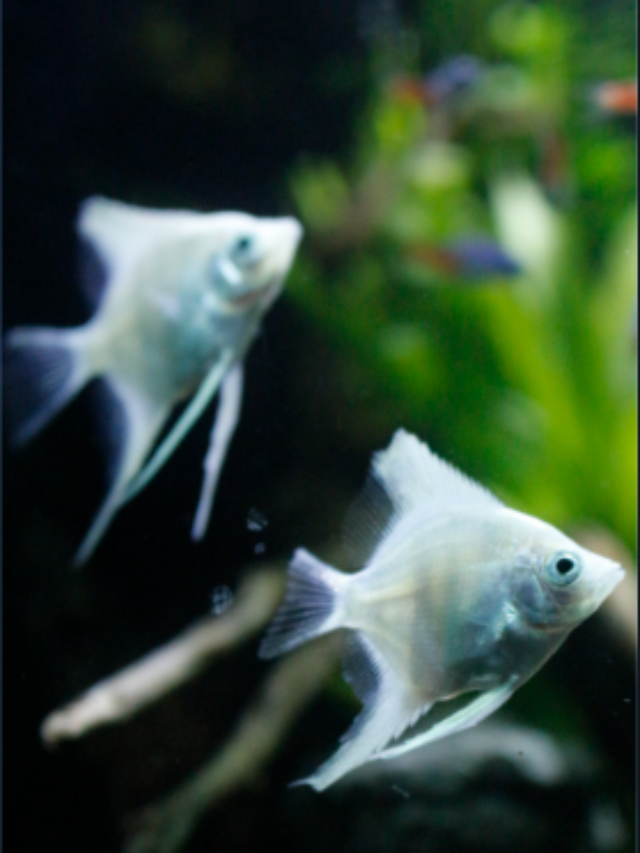
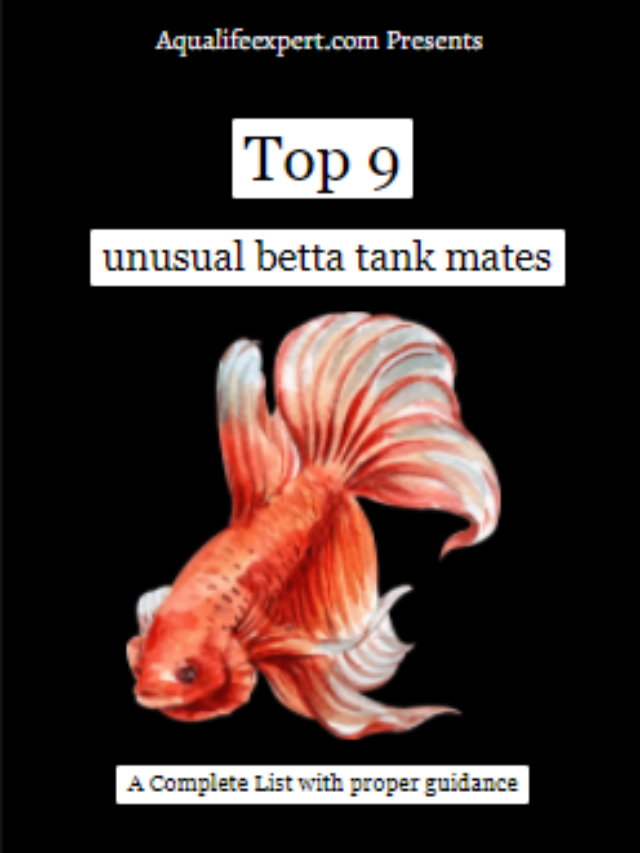
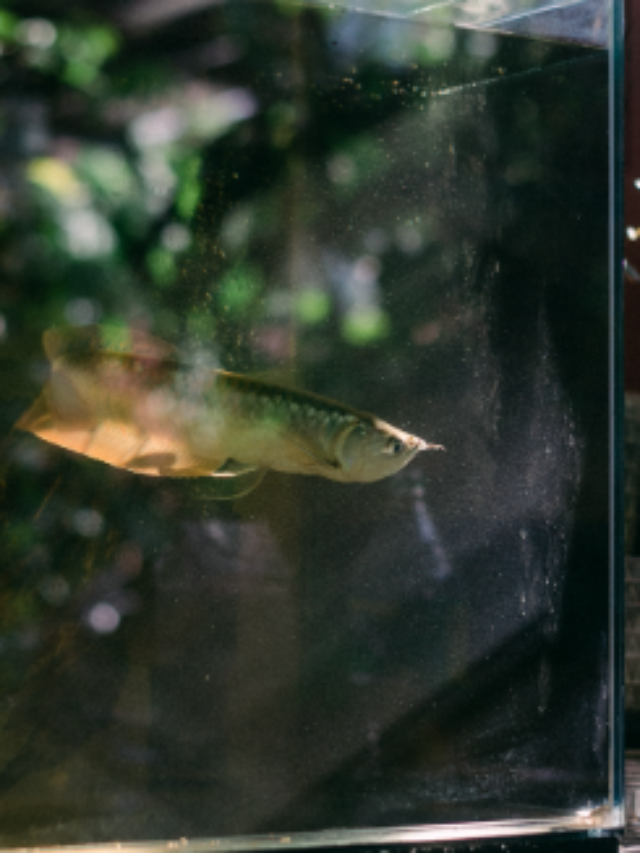
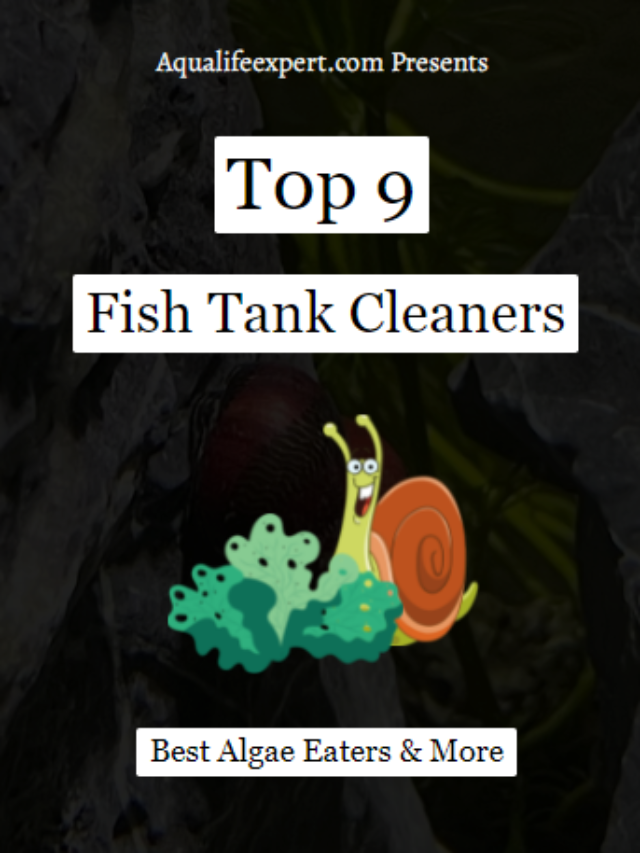

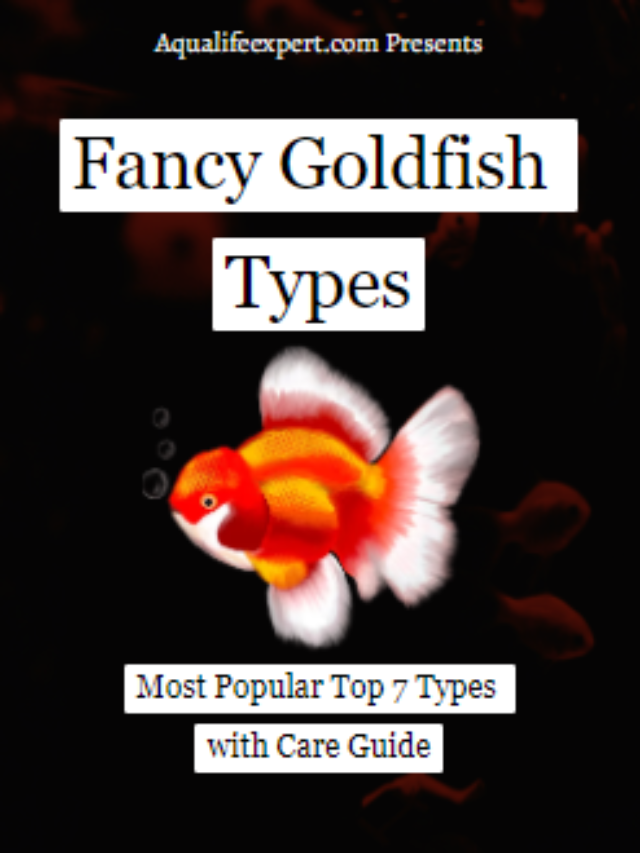
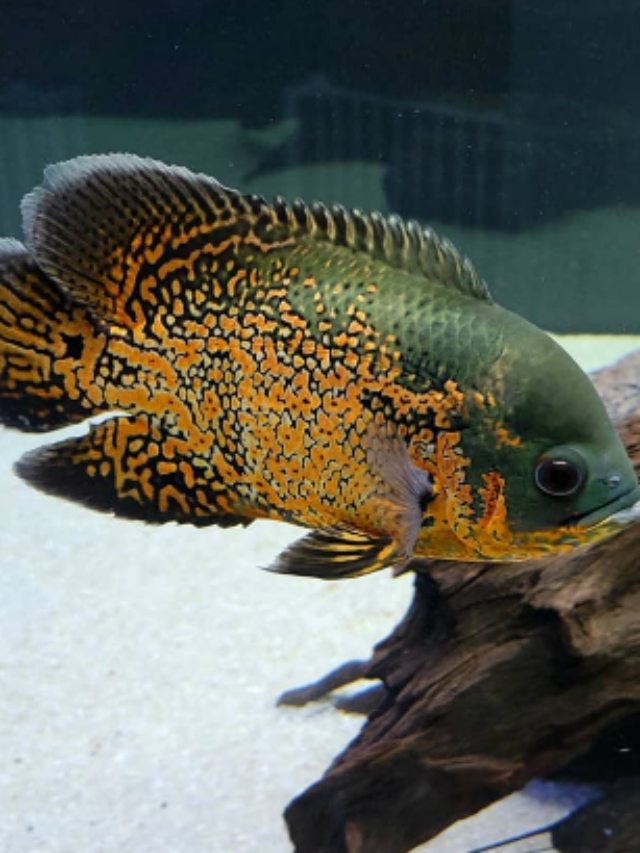
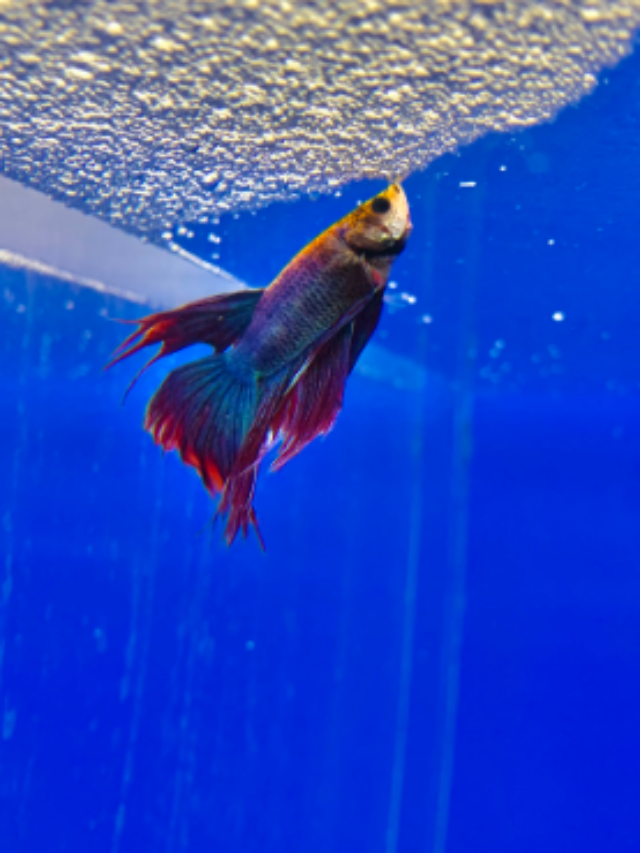
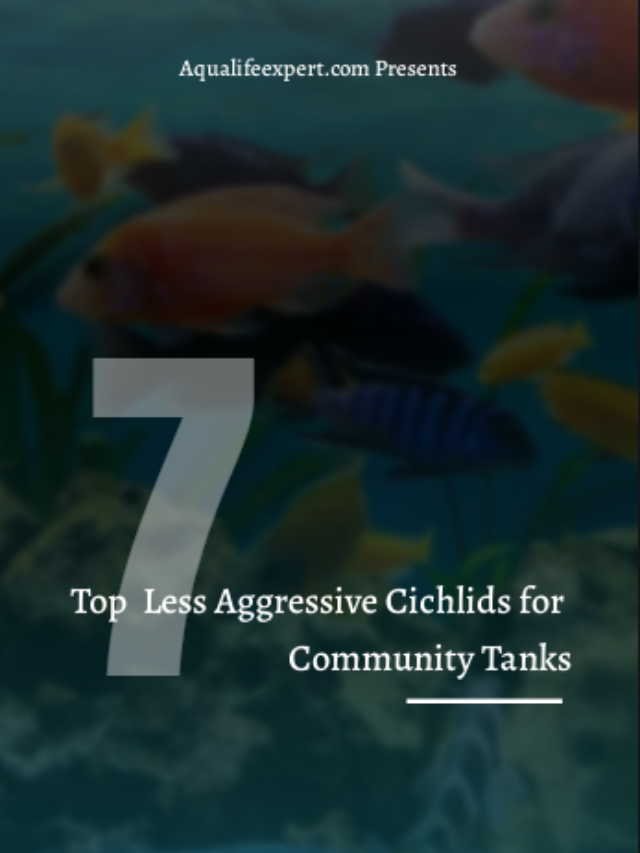
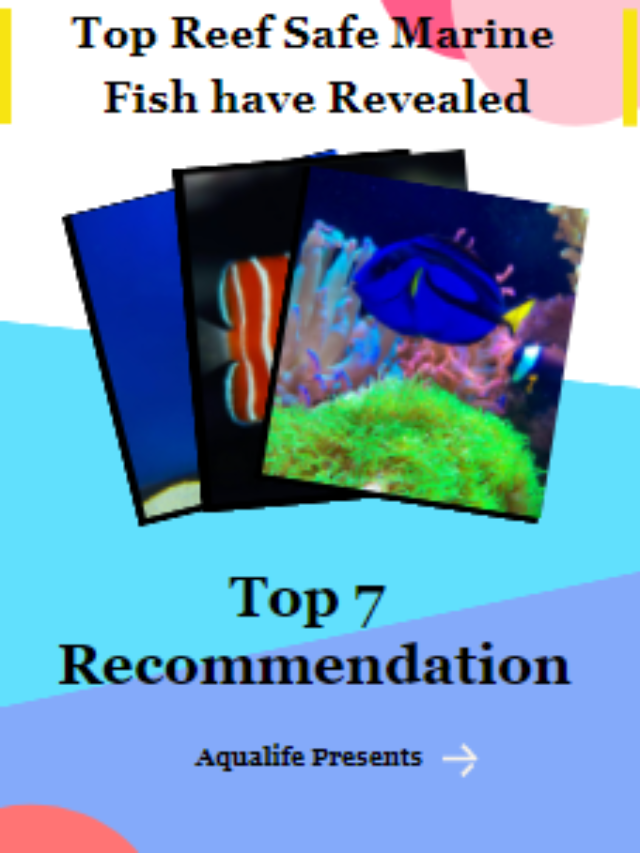
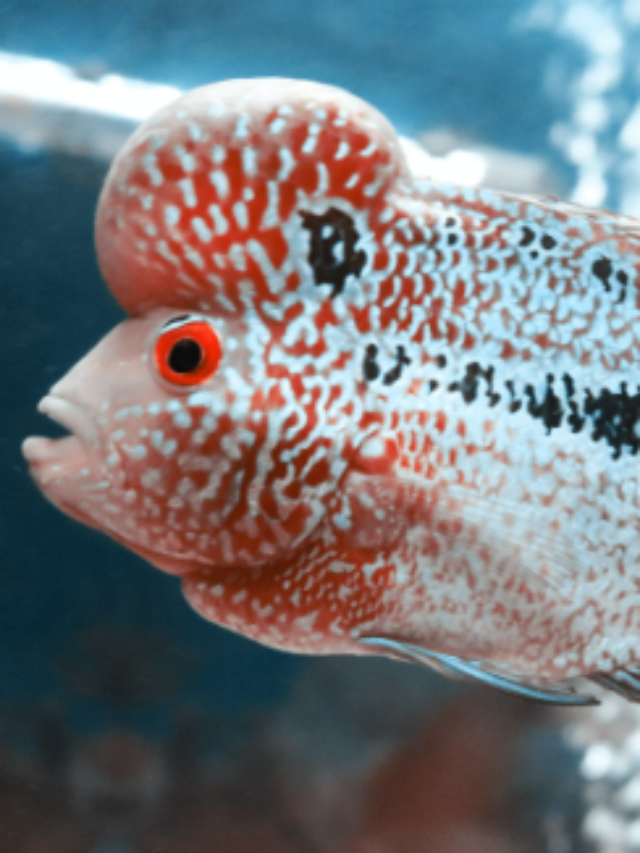
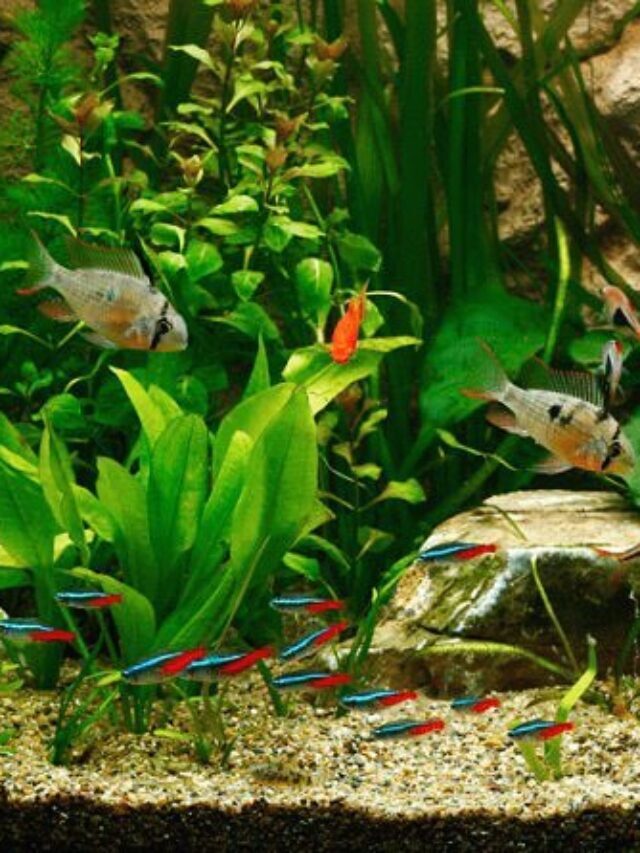
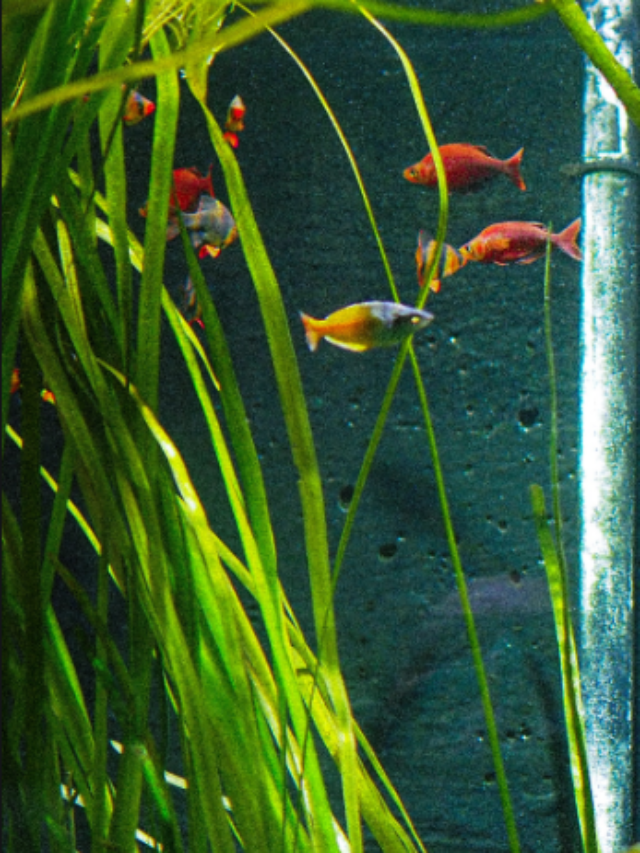
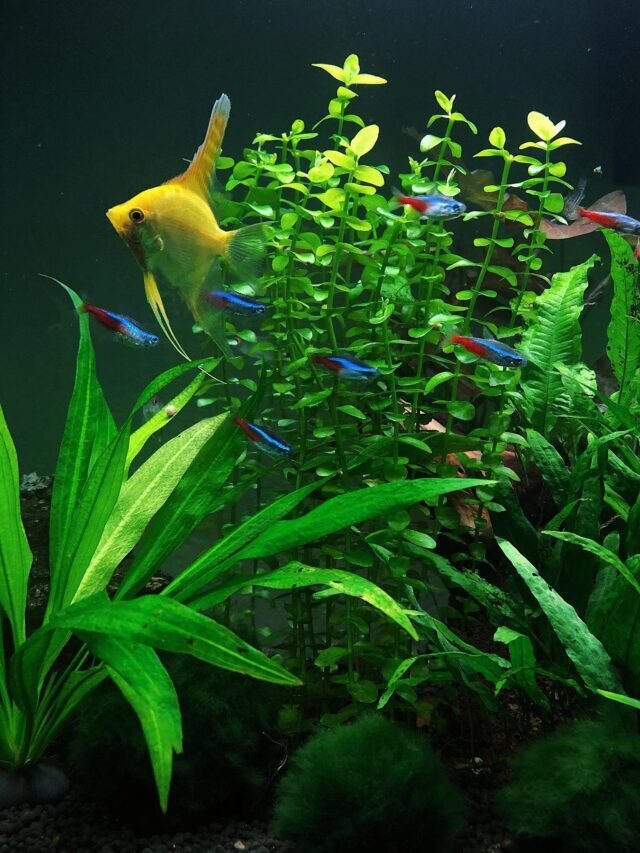

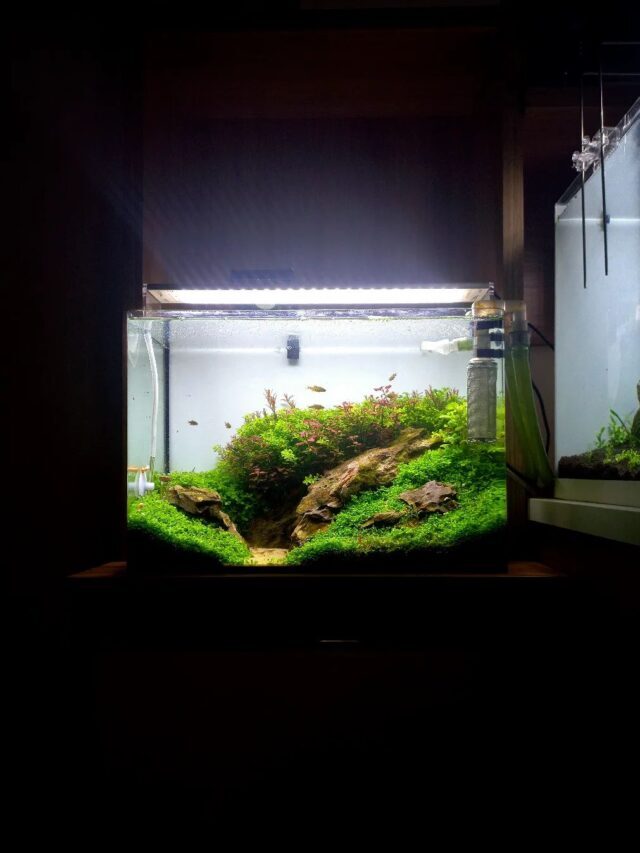
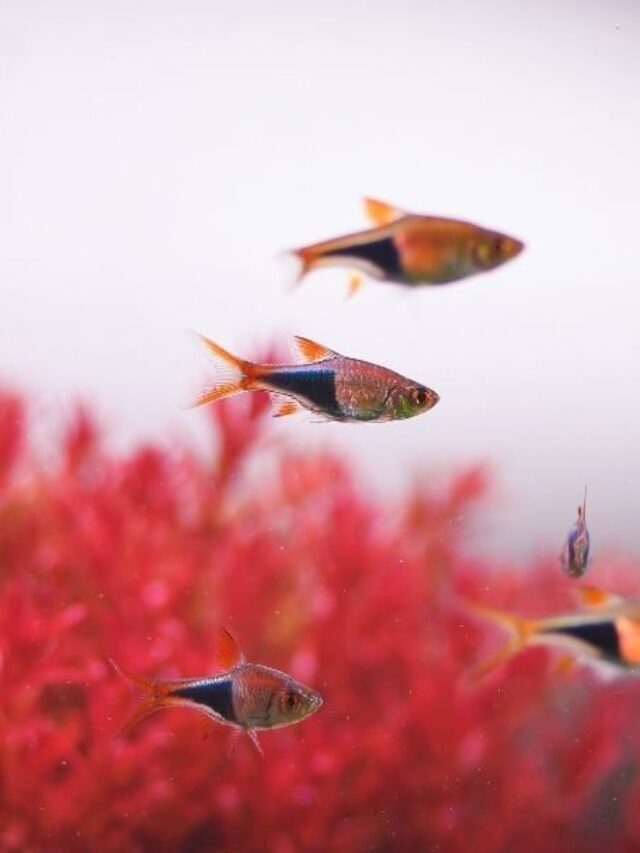
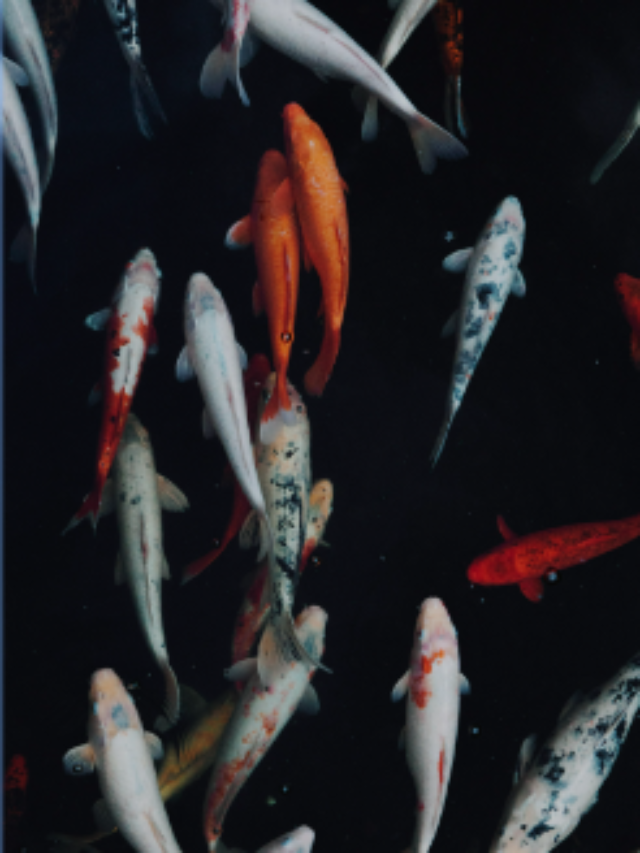
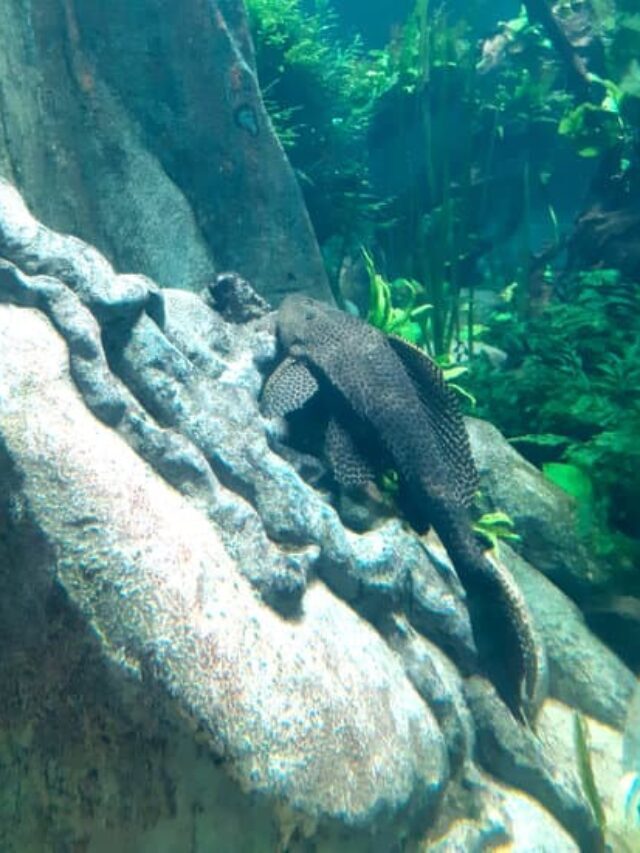
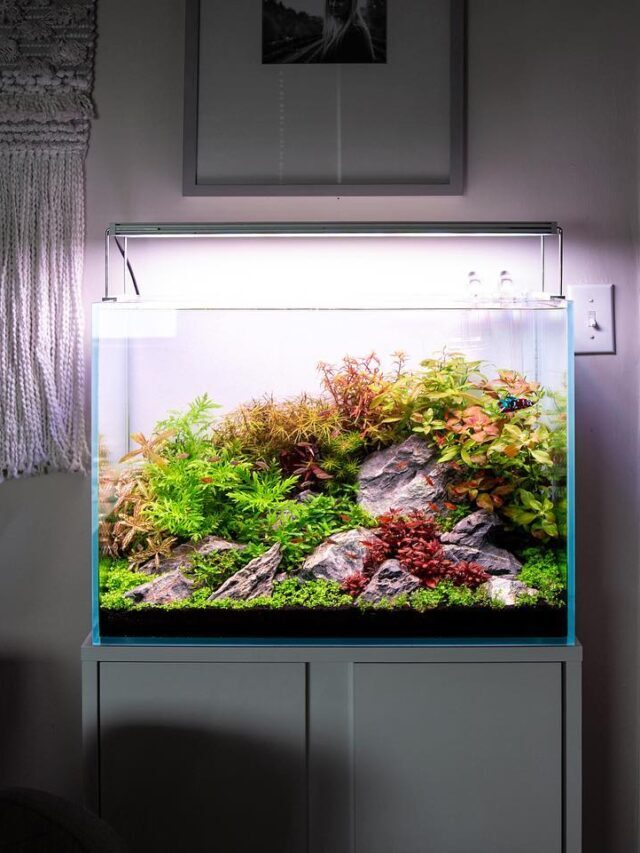
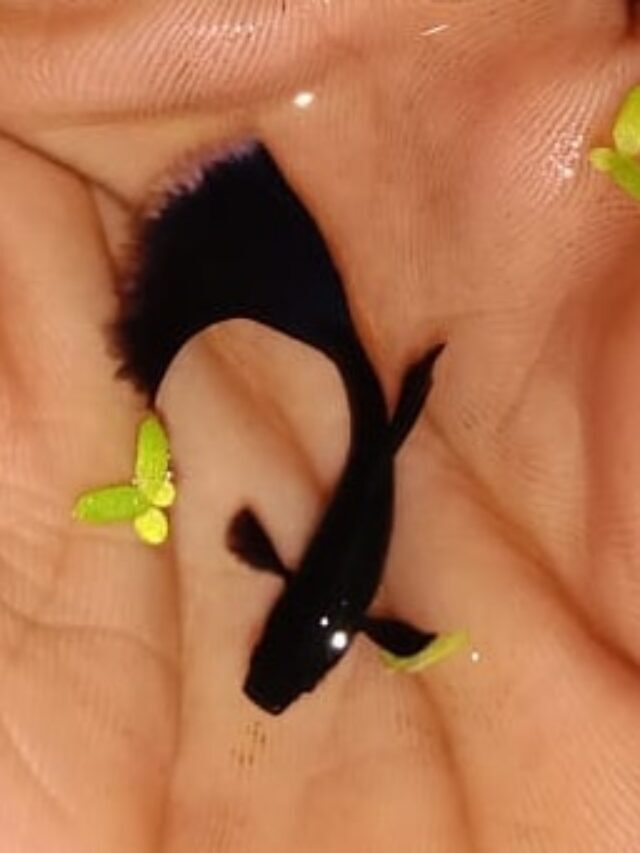
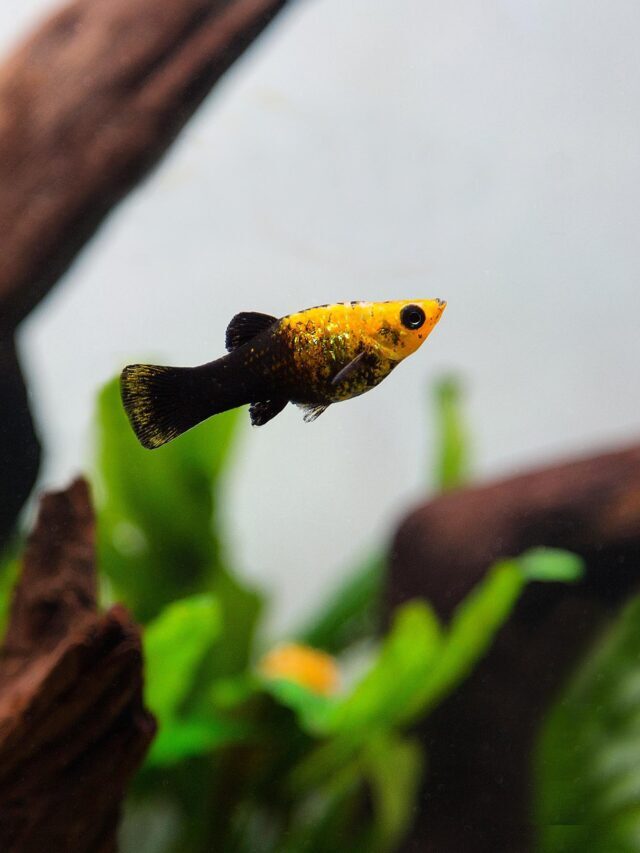
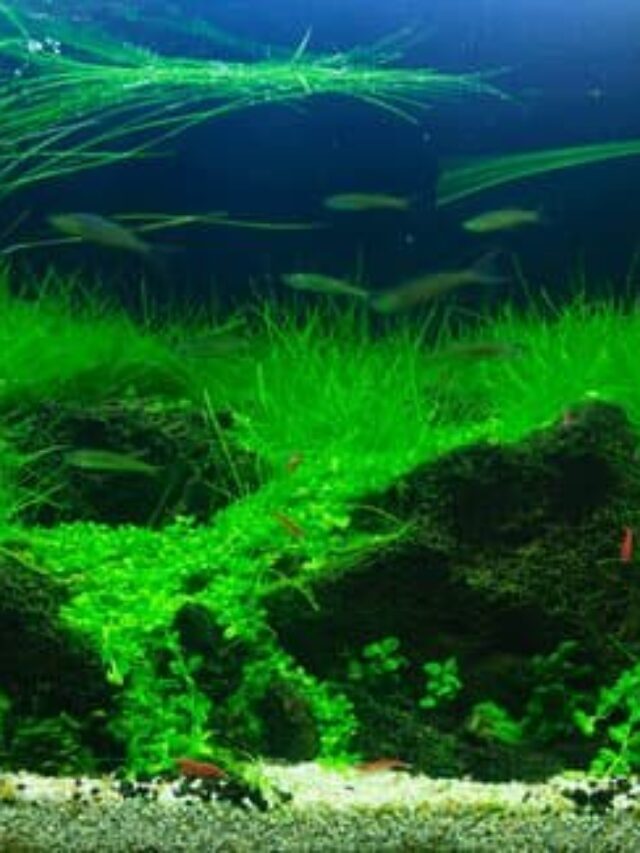
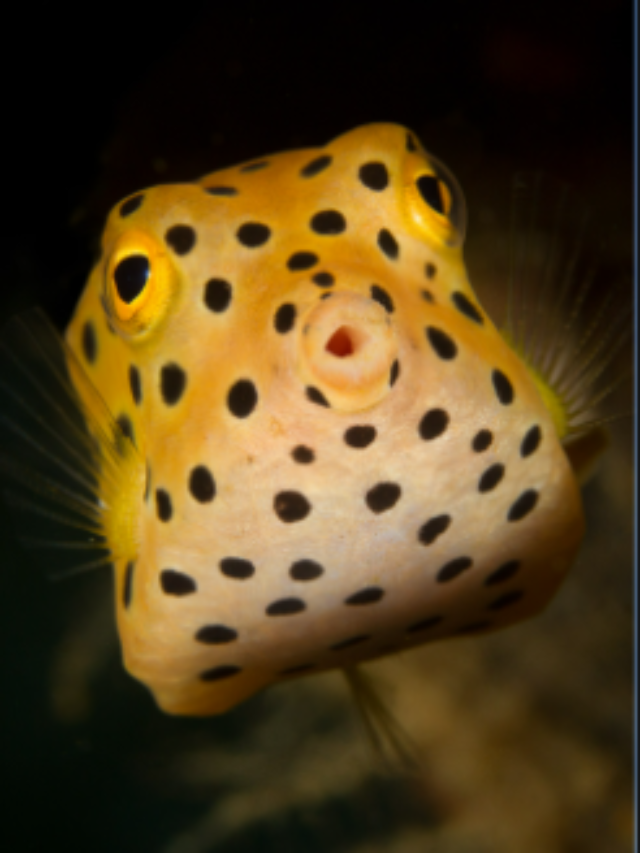
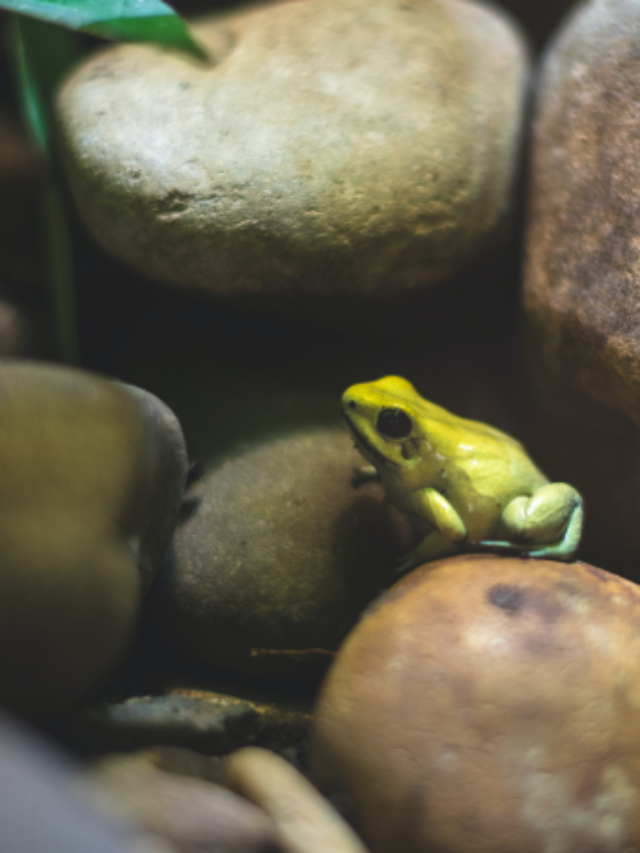
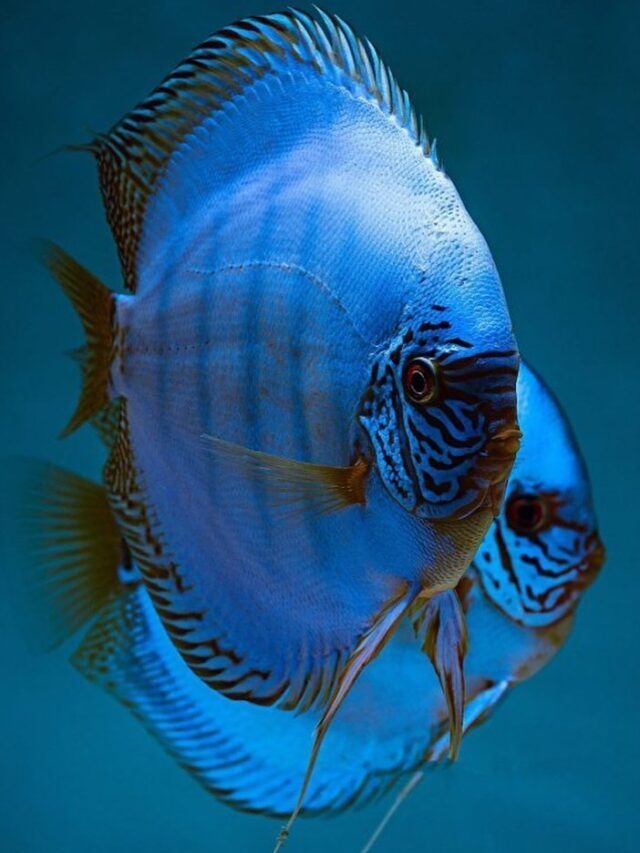
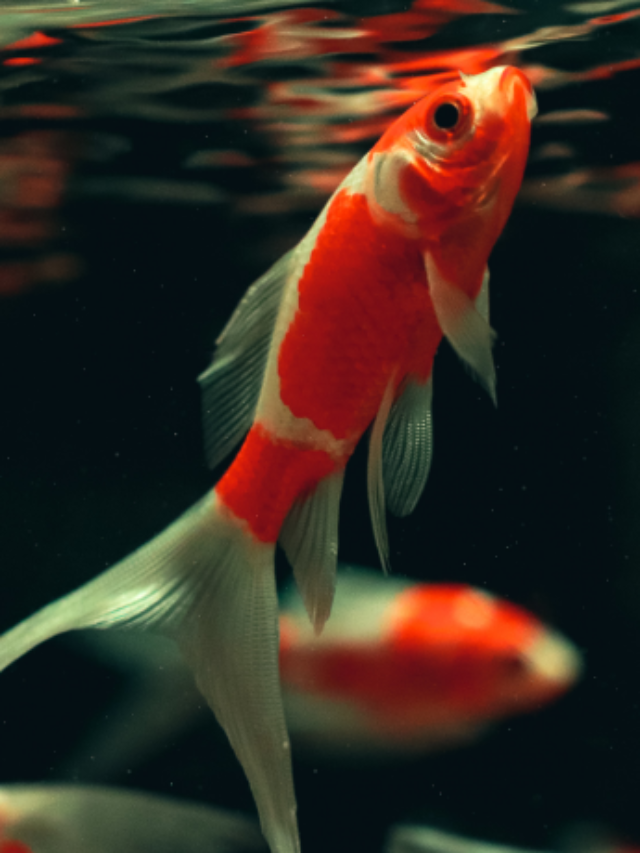
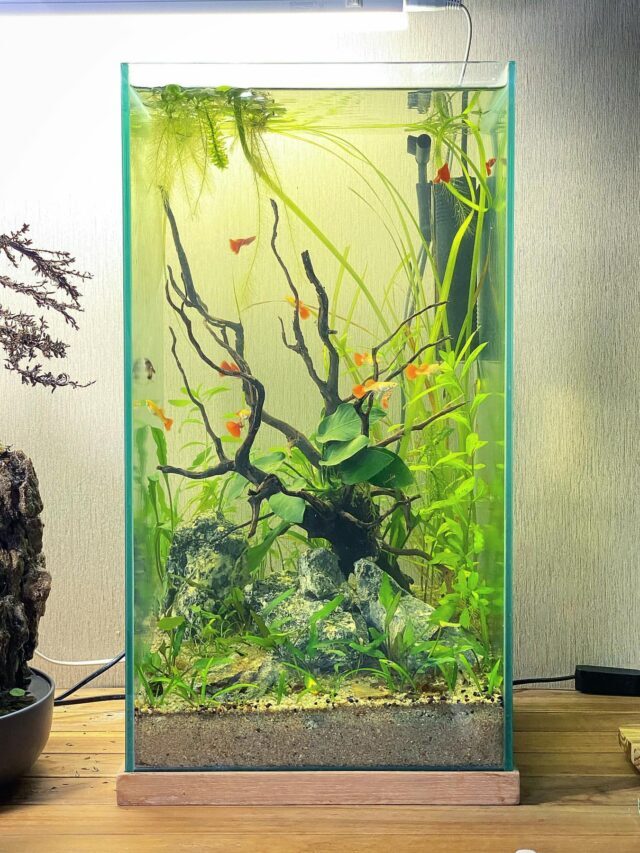

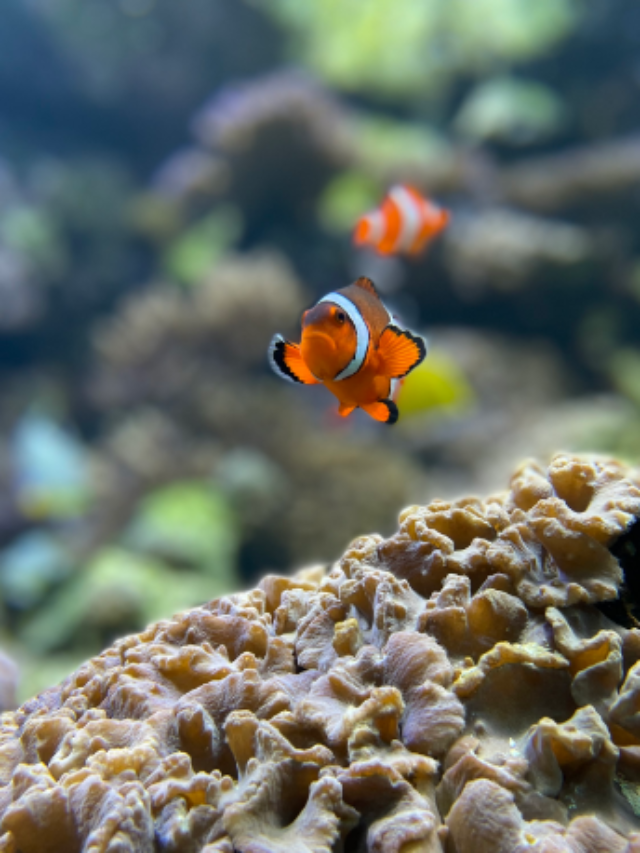
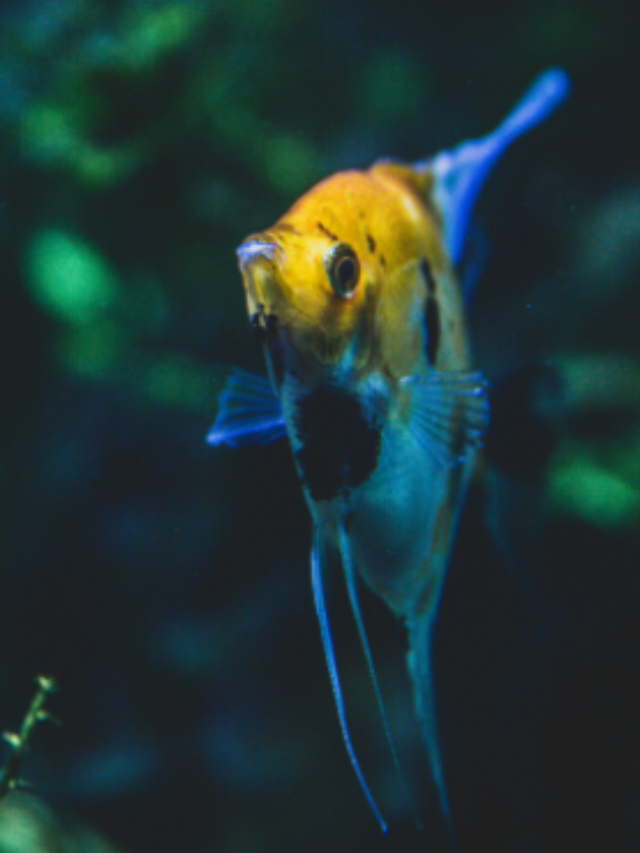

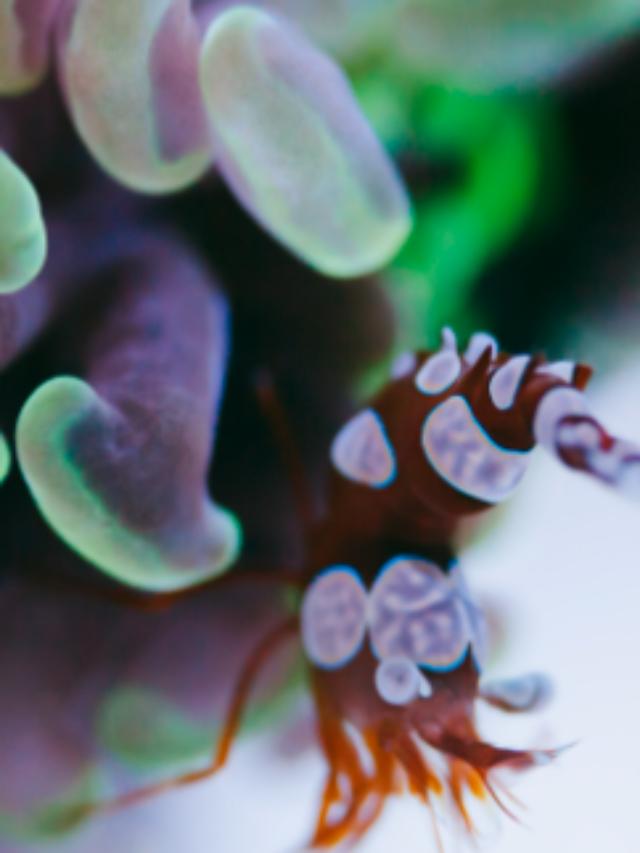
2 thoughts on “Will A Fish Die If It Is Put in Tap Water? Veterinary Guide”